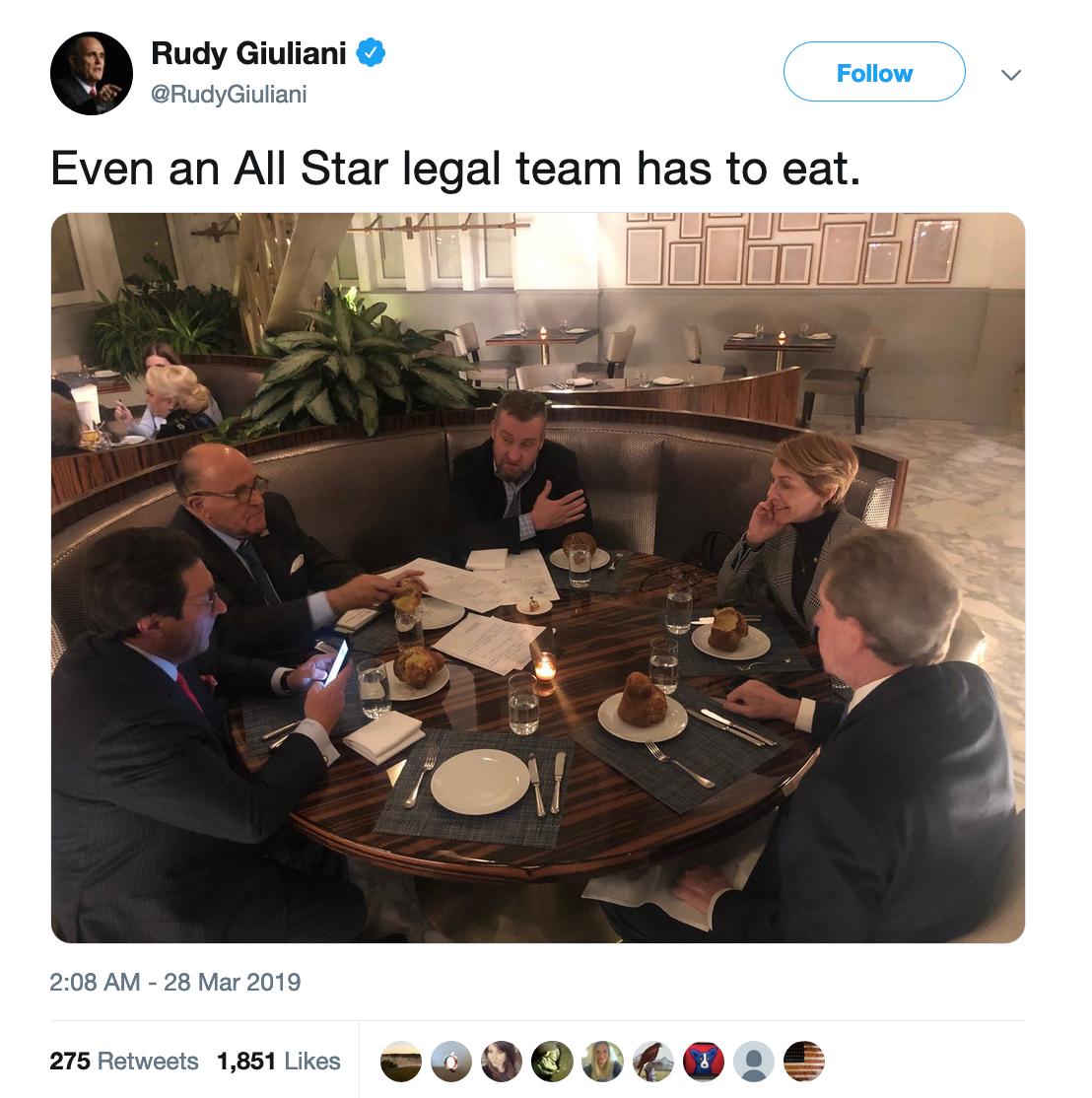Me : Depends upon the context.
X : Any case studies?
Me : Why do you need case studies?
X : I want to get an idea of what sort of impact it has.
Me : That will depend upon your context. We have a conflict here.
X : Why?
X : But you must be able to give me a figure?
X : Did you?
Me : ... not the point. The point is, you'll think this would apply to your context if you used maps. It doesn't.
Me : That's correct.
X : Doesn't sound like mapping is all that useful then.
Me : Quite the contrary. It's impact however depends upon your context.
X : But that doesn't help me, I need a figure.
X : To determine whether it's worth learning how to do it.
Me : You need to know the outcome of understanding your context before you decide whether to learn how to understand your context?
X : Yes.
Me : But your context is specific to you.
Me : Pick one.
X : That'll be just made up.
Me : It's just as likely to apply to your context as a figure taken from another context.
X : 10% revenue increase?
Me : Ok.
X : Is that right?
Me : For some contexts.
Me : You'll have to look first.
X : This is hopeless. I need case studies.
Me : Is there anyone out there who does exactly what you do in the same market?
X : We do have some competitors.
X : If it helps, they're not going to tell me.
Me : Don't worry. Just wait a bit longer.
Me : If it's useful, more of your competitors will use it. Someone will let something slip. Then you can get an idea of what impact (if any) it has. Then you'll have your figure.
X : But they'll have got the benefit.
Me : Look, I don't have a crystal ball.
Me : Most snakeoil tends to come with positive case examples extolled by the people providing the oil. I prefer mapping to be spread by others, sharing their own benefits ...
Me : If it's not useful (and you'll know pretty quickly) then stop using it. These maps are both wrong and imperfect. If you don't find it useful, share that story as well. It's important to find the constraints of mapping.







